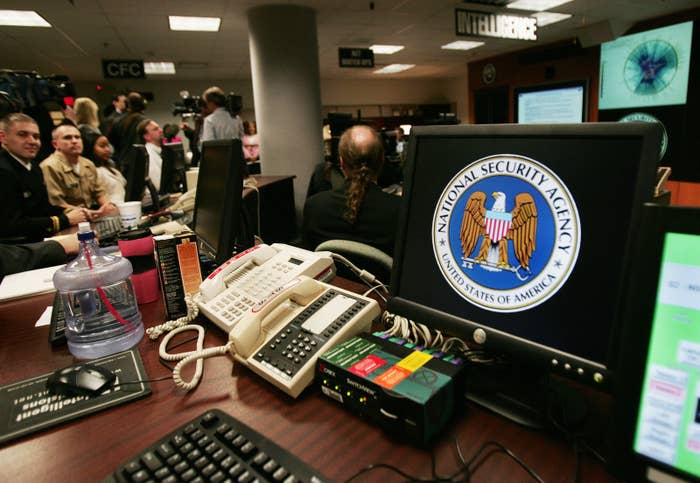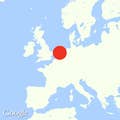
BRUSSELS, Belgium — The breakthrough in the manhunt for a key suspect in last year’s attack on Paris that left 130 people dead only came when Belgian officials asked the US National Security Agency (NSA) for help.
According to a Belgian counterterrorism officer and a police investigator, they turned to the NSA in the search for Salah Abdeslam, the sole surviving suspect from the attacks, after Belgian police spent four futile months raiding apartments around Brussels as part of a Europe-wide manhunt.
The two officers told BuzzFeed News that the Belgian government asked the NSA for assistance in tracking the mobile phones of several people attending a funeral of one of the other Paris attackers in early March, in the hopes that they would lead police to Abdeslam. He was apprehended after a shoot-out in the Belgian capital on March 18.
The key break came after the identification via DNA testing of Chakib Akrouh, who died in a suicide-vest explosion five days after the Paris attacks during a confrontation with police. Once his remains, which were badly damaged in the explosion, were identified, Akrouh’s family planned a funeral in early March.
It was this funeral that provided the breakthrough in the hunt for Abdeslam as Belgian authorities deployed a special police observation unit to watch the ceremony. The Belgians quickly realized they needed to gather as much information as possible from those present, so they contacted their counterparts at the NSA and asked them to collect bulk phone metadata.
Although Belgian law enforcement and intelligence services are capable of traditional wiretaps and phone tracing, the collecting of mass data and then processing it into actionable intelligence can be achieved much more quickly with the advanced technology of the NSA, said one Belgian intelligence analyst.
“We called the American [National Security Agency] before the funeral,” said one state security official, whose account was later confirmed by a Belgian police official. “As Edward Snowden has so helpfully explained to everyone, the NSA are the best at signal intercepts,” and with the NSA's help, they “grabbed all the information about all the phones present [at the funeral].”
The two officials described a scene where a known associate of Abdeslam was filming the funeral: “The guy is filming on a smartphone — that tells us he’s going to send that file to someone, right?” the security service source said. “We had the NSA hit that phone very hard.”
The NSA refused to comment on the operation, but a spokesman for the Director of National Intelligence forwarded an article in which James Clapper said: “The NATO Alliance faces an increasingly complex, diffuse threat environment. Consequently, we are always striving toward more integrated intelligence to stay a step ahead.”
The role of American mass electronic surveillance in capturing a high-profile terror suspect in Europe follows a rigorous debate over the merits of such cooperation in light of concerns throughout Europe over electronic privacy. While the Belgian government was relatively quiet about the Snowden allegations, the revelation that American intelligence spied directly on German Chancellor Angela Merkel's mobile phone caused diplomatic tensions with Germany.

